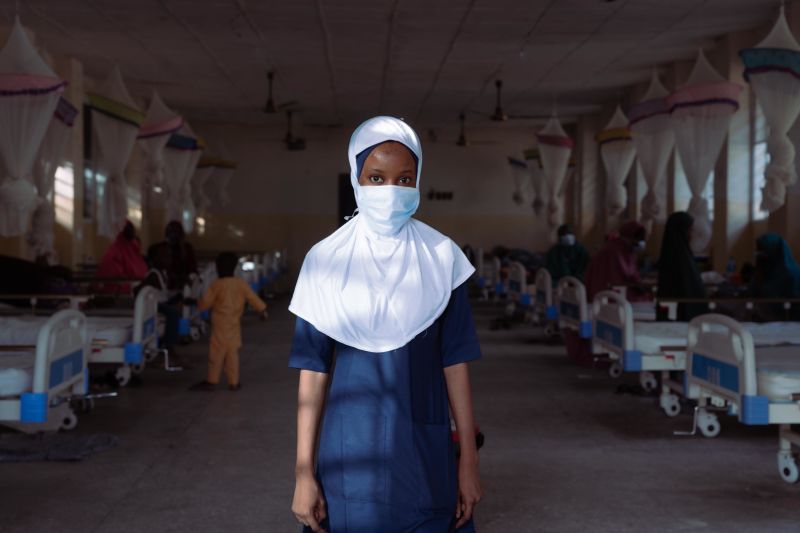
West Africa is currently facing its worst diphtheria outbreak in recent times, with Nigeria, Guinea, Sierra Leone, and Liberia being among the hardest-hit countries. Diphtheria is a serious bacterial infection that can be life-threatening if left untreated. The World Health Organization (WHO) has reported more than 6,000 cases of the disease, with the majority of them in Nigeria.
The outbreak has been linked to weak healthcare systems, overcrowding, low levels of immunization, a lack of access to medical care, and a shortage of doses for the diphtheria vaccine. People living in poverty and those in conflict-affected areas are most vulnerable to the infection due to poor sanitation and lack of access to medical care.
The WHO has warned that the outbreak is likely to get worse if urgent action is not taken to control it. If not addressed promptly, the disease could spread to other countries in the region. WHO is calling for more resources to be made available to support the response, including providing more vaccines, treatments, and access to healthcare services. It is also working with local health authorities to raise awareness, strengthen surveillance systems, and promote improved hygiene practices.

